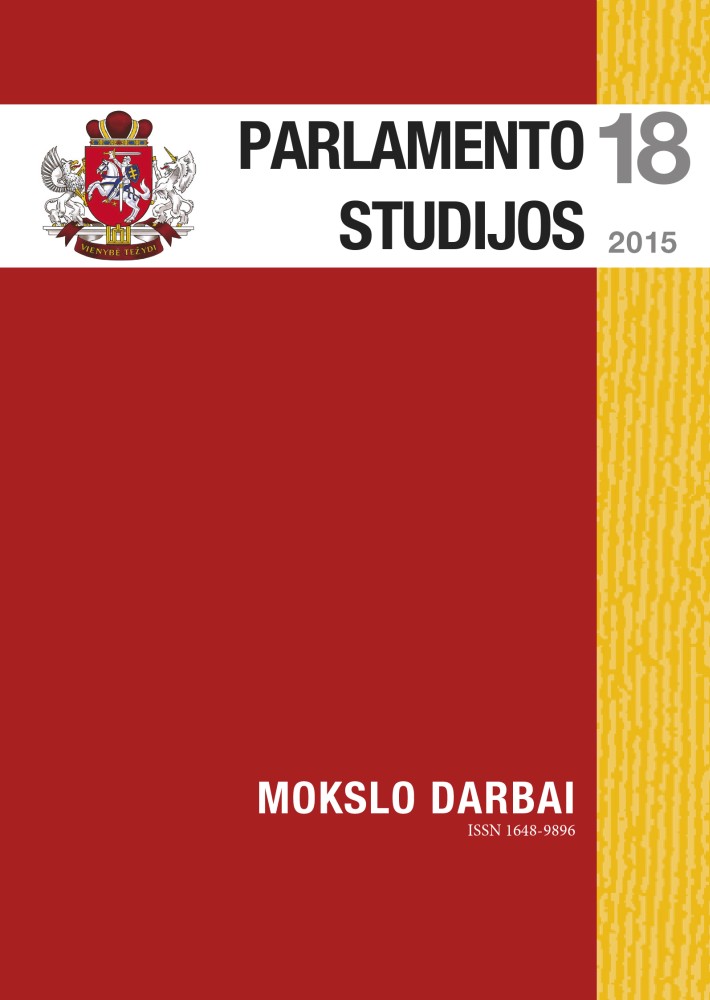Conception of Honour in Lithuanian
DOI:
https://doi.org/10.51740/ps.vi18.192Keywords:
cognitive definition, concept, honour, discourseAbstract
The article analyses the concept of ‘honour’ by applying the cognitive definition method. The investigation provides insights into such questions as what honour is to Lithuanians, what the most important ‘honour’ semes are and what a potential cognitive definition of the word ‘honour’ is. The results of both discourse analysis and youth polls reveal the change in the conception of ‘honour’ over the last hundred years. In addition, they reveal students’ views not only towards honour but also to moral values in general as well as the key factors that come into play in the development of young people’s system of values.
The analysis of the concept of honour allows to reveal Lithuanians’ worldview which determines the language users’ cultural and social identity and to look at the conception of honour as an element of their system of values. Summarising the results of both parts of the investigation, it is possible to state that in different discourses as well as in youth surveys there are some common semes which, in the methodological framework of Lublin ethnolinguists, allows formulating a cognitive definition of honour. As a result, for Lithuanians honour is a sense of self-esteem and responsibility, when one feels valued for their life, accomplishments as well as a good reputation that one has gained in the society for good deeds, virtuous behaviour and life, high morals, honesty, fairness, keeping one’s faith, respect and care of others, self-sacrifice for one’s homeland, sacrifice for the sake of an idea, for other people’s welfare, patriotism and heroism.
Something that should draw politicians’ attention are the results of the student surveys. They reveal that young people learn about honour from translated novels and movies rather than their families and school and that they favour eastern rather than Lithuanian conception of honour. These results imply that it is relevant to reconsider school curricula since the existent programmes, presumably, lack patriotic education and need to include into syllabi more works that foster Lithuanian values.
Such investigations should be the priority of the country since language, being the core element of culture and cognition, is a key medium that reflects the Lithuanian identity, Lithuanian value system, the change in perspective and even gaps in the state policy








 The metadata of the scholarly journals and publications of the Lithuanian National Martynas Mažvydas Library is distributed by
The metadata of the scholarly journals and publications of the Lithuanian National Martynas Mažvydas Library is distributed by 